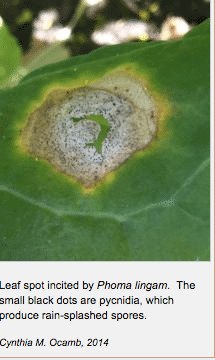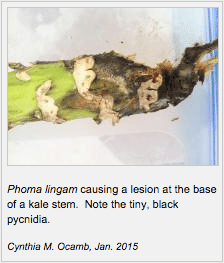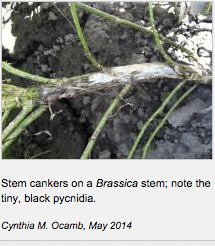Let’s start at the beginning…
Back in 2012 the Oregon Department of Agriculture (ODA) threatened to abolish the longstanding canola exclusionary zone in the Willamette Valley. We fought back, with your help, to get legislation passed by the state which funded additional research and included a sunset clause on the canola restrictions in the valley. Here’s a good summary of why canola is problematic for specialty seed production and where we stood in the winter of 2013 from Oregon’s Agricultural Progress by Gail Wells, Canola In The Valley.
HB2427
Oregon HB2427 was passed by the Oregon Legislature in 2013 and the resulting research conducted by Oregon State University (OSU) was presented in 2017. It’s a whooping 105 pages and you can read the whole thing if you like here (the Executive Summary and Recommendations are pages 6-11 of the PDF). In the interest of getting to the point, here are the highlights.
Is canola uniquely problematic? OSU says No.
OSU researchers determined that under current cultural practices in the Willamette Valley there were no unique disease, pests, weed, or cross pollination problems associated with canola. Meaning that turnip and radish have just as many problems as canola and since we don’t currently regulate those crops, why would we limit or regulate canola specifically.
Continue reading

